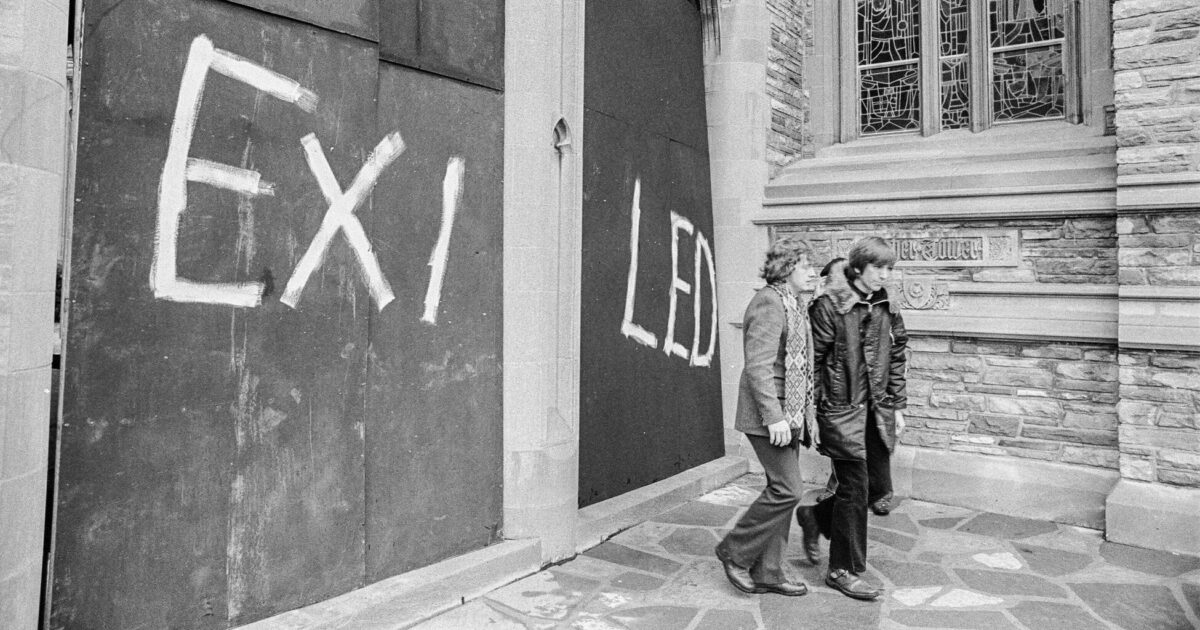
It’s All About the Gospel … Isn’t It?
What was at stake in the 1974 “Walkout”? The authority and inerrancy of Holy Scripture.

What was at stake in the 1974 “Walkout”? The authority and inerrancy of Holy Scripture.
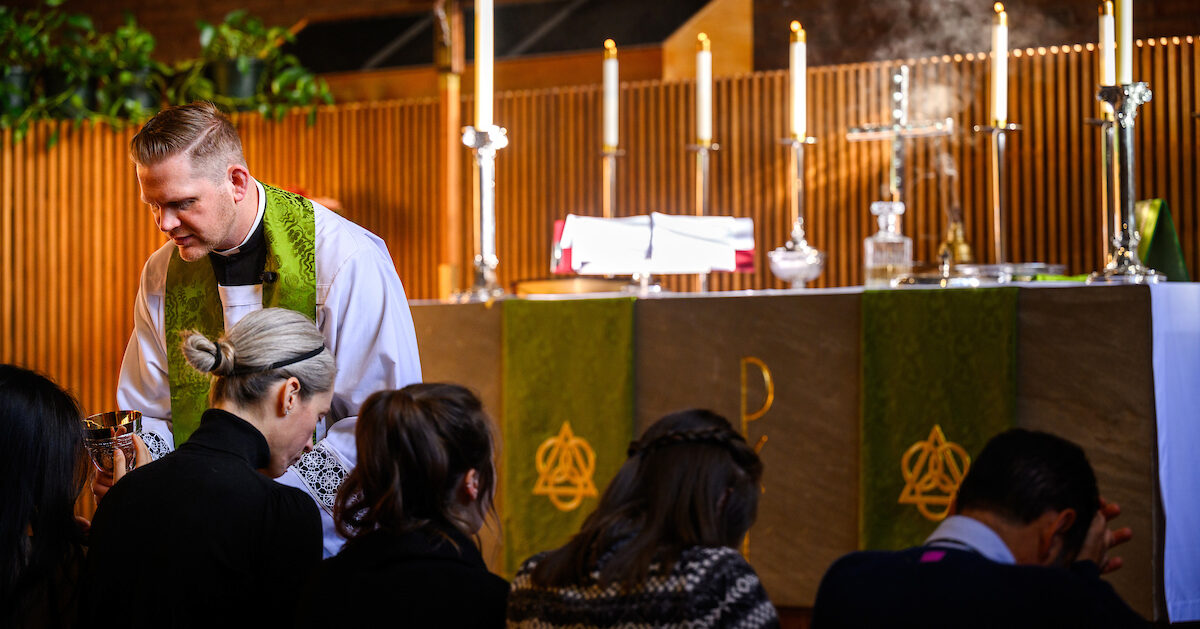
“The same church that grows in the fields and the suburbs is here in Boston for you.”
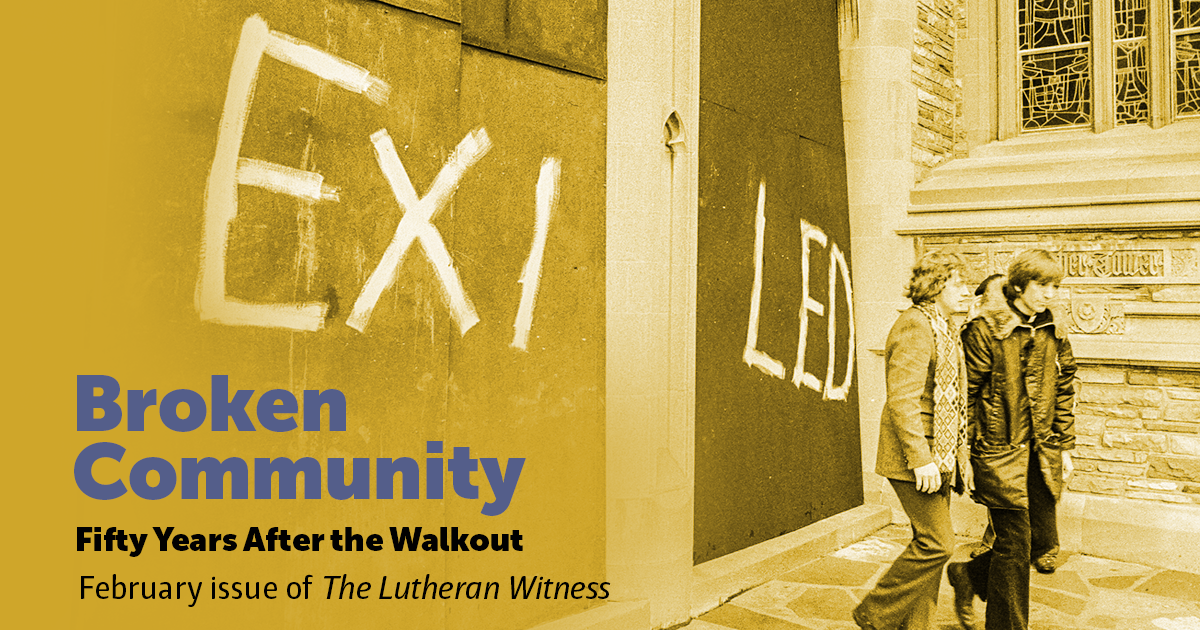
The February issue of The Lutheran Witness recalls the history of the “Walkout” from Concordia Seminary, St. Louis, 50 years ago this month.
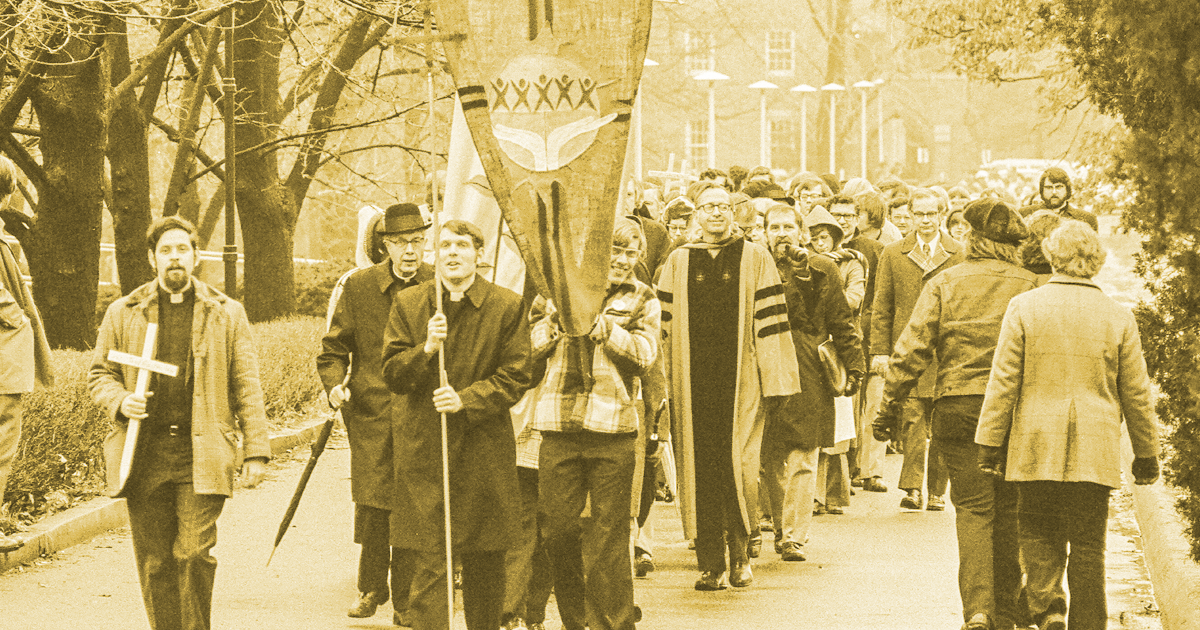
Our theology has consequences. What is taught in college and seminary classrooms filters down into the preaching and life of the church.

This document endures as a confessional testimony against historical criticism of the Bible.
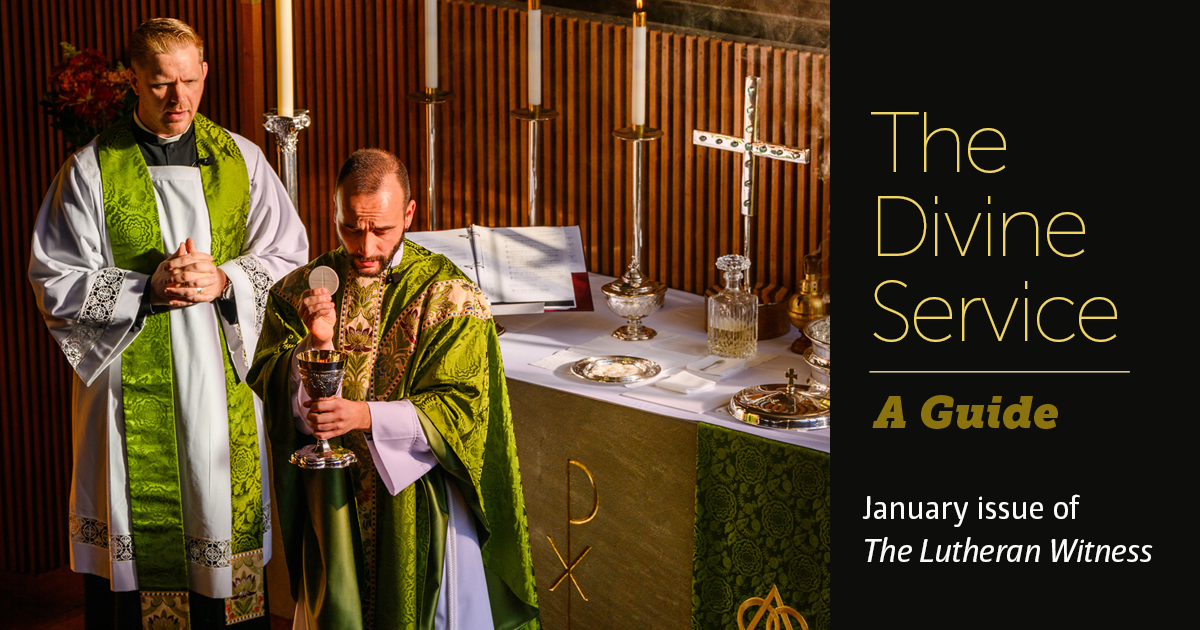
The January Lutheran Witness provides a guide to the Lutheran Divine Service.
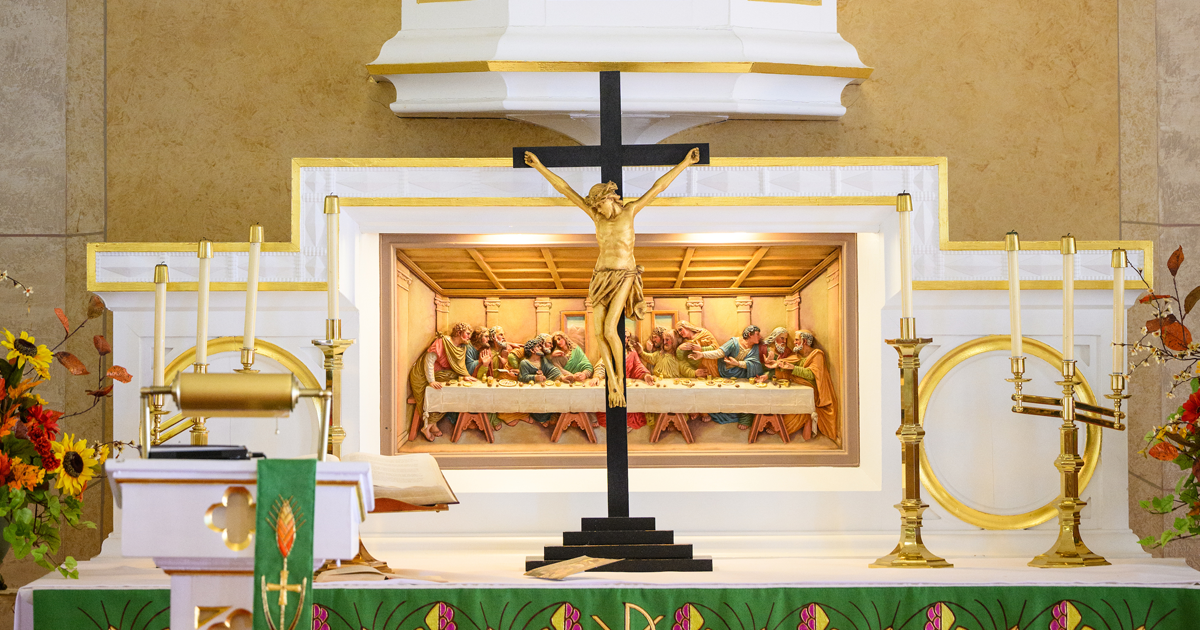
In this issue of The Lutheran Witness, we will help you understand and receive the eternal treasures of the Divine Service.
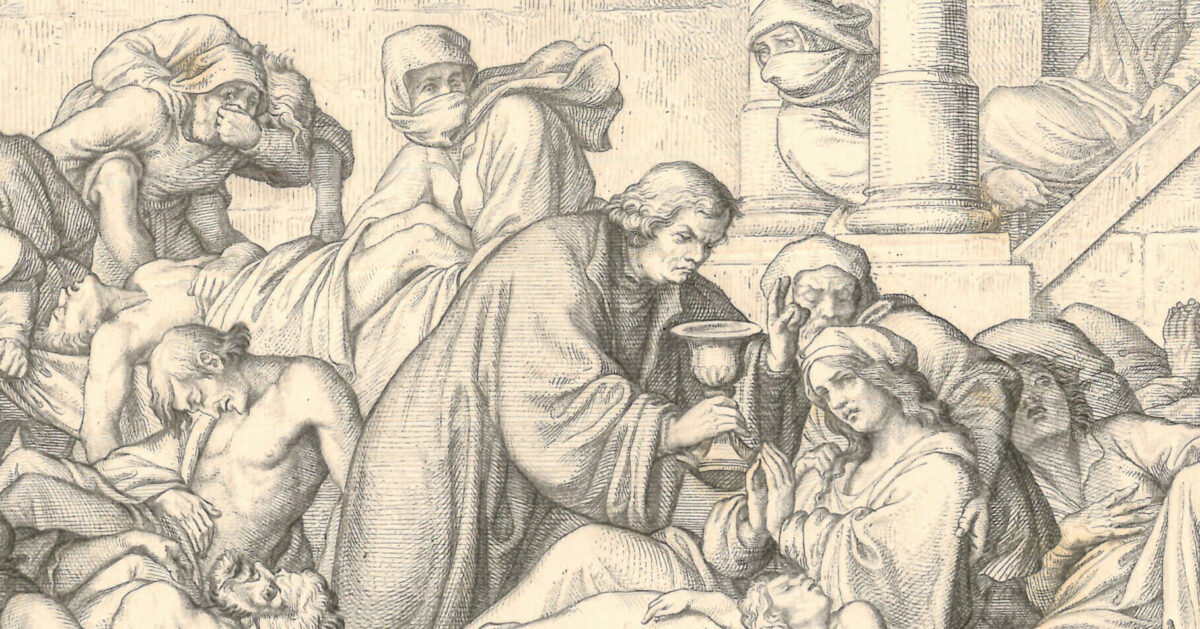
Faith is the “sack” that receives and holds the gift of the Gospel.

Gathered around the Word Welcome to worship, where things look and sound different from much of what you experience in your everyday life. You will use some difficult-to-pronounce words, and parts of the service will have unique names. Sometimes you’ll need the hymnal; sometimes you’ll need the bulletin. First, don’t worry. You’re new to this,

The December issue of The Lutheran Witness reflects on “The Blessing of Children.”
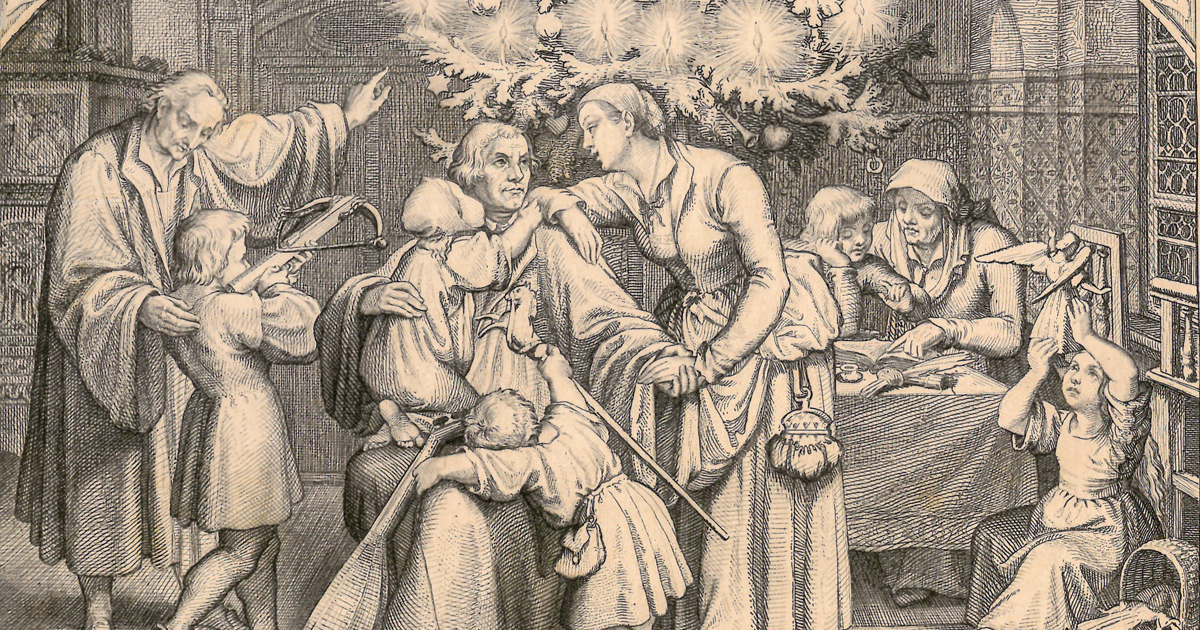
Every child is a blessing, even if that blessing is an opportunity for parents to learn self-sacrifice — and even if that blessing is, in the eyes of the world, one too many.
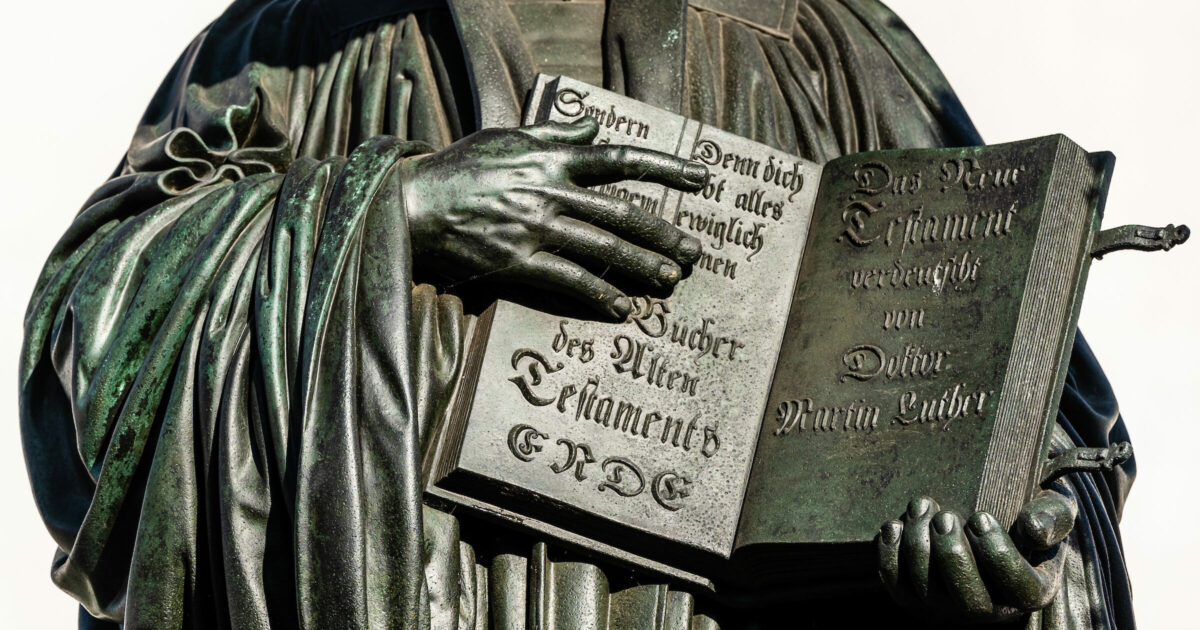
Luther described the course of the Gospel as a “passing rain shower.” Is it passing away from us?